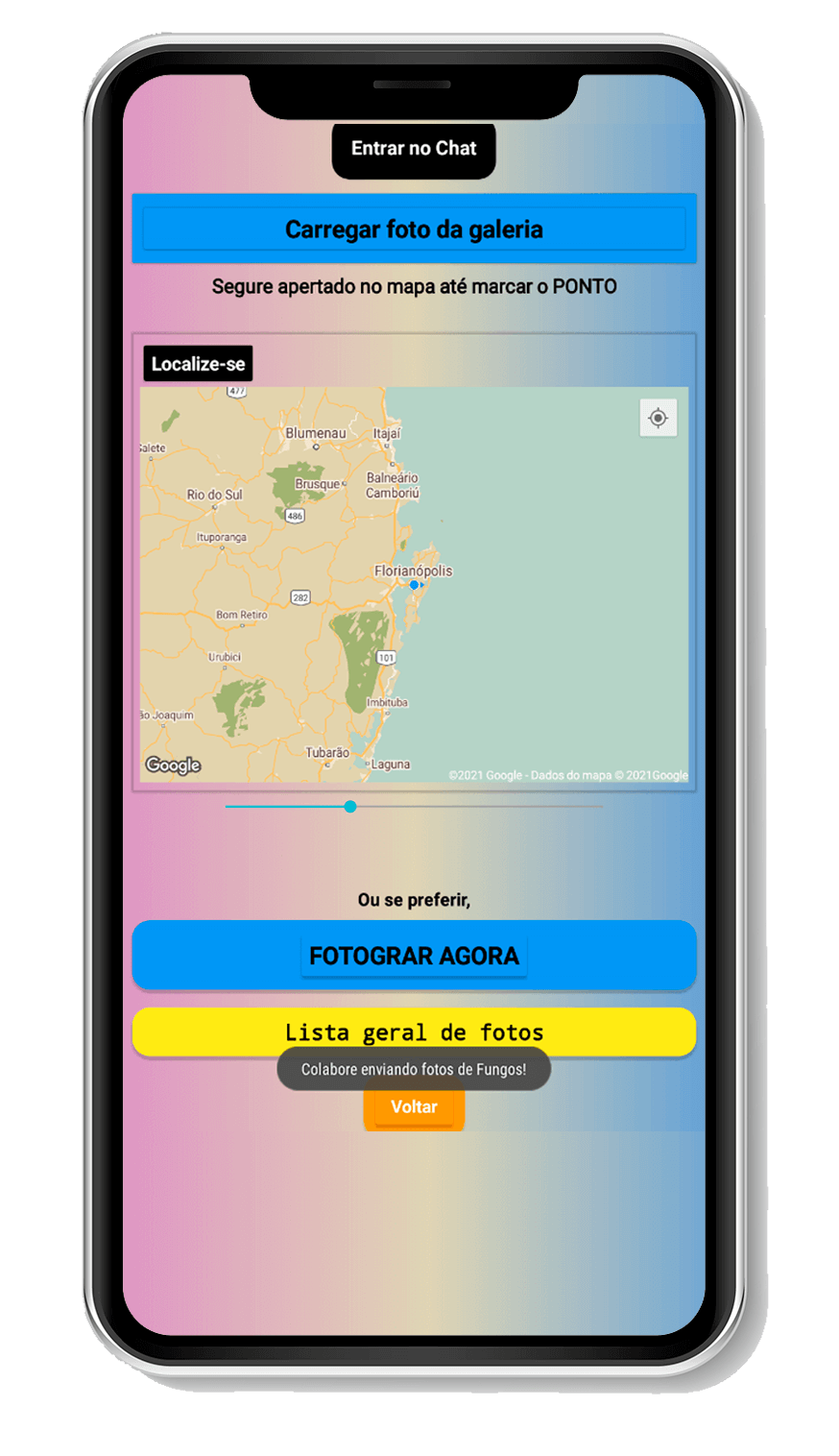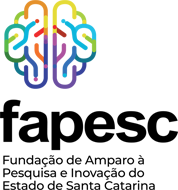PRONEM: Funga of Cloud Forests
MIND.Funga – From endangered macrofungi from Cloud Forests of Santa Catarina research to the innovation on the species identification

Unknown fungi species can be endangered. Is our duty to protect them.
Chamada pública FAPESC/CNPq Nº 04/2019 Programa de apoio a núcleos emergentes-PRONEM. Duration: 2020 to now. Coordinator: Elisandro Ricardo Drechsler dos Santos.
Funga is the term used to designate the community of fungi in a given area, such as Fauna for animals and Flora for plants. Although important in ecosystem maintenance processes, such as carbon cycling, less than 7% of the estimated fungi species are known. One of the least explored ecosystems are the Cloud Forests, which in addition to being fragmented and fragile, are home to a unique fauna and flora, and the same is expected for fungi. Although the sensitivity of Cloud Forests to climatic changes and anthropic actions extends to all organisms, only species of animals and plants are listed in red lists of endangered species.
In spite of this, inventorying the particular fungus of the Cloud Forests of Santa Catarina, building the first list of threatened macrofungus species in Brazil and developing an artificial intelligence system to identify species from images are the main objectives of this proposal. Since knowledge about the degree of threat of species of fungi is incipient in Brazil, the first list of fungi will represent the basis for public policies for conservation measures. Officially, the inclusion of fungi from Brazil in national (MMA) and worldwide (IUCN) lists will be an important step towards advancing knowledge. Furthermore, the development of artificial intelligence systems to identify species by means of images, in addition to being innovative, facilitates and follows a current trend of digitization, diffusion and accessibility to knowledge in Science and Technology.

Prototype of the application that volunteer citizens can use to send fungal pictures.
This project also has applicability in basic education and modernization and popularization of fungi. Volunteer citizens can contribute images and data from the global positioning system (GPS) to feed digital environments for online storage, which can be used to train neural networks and to recognize these groups of organisms. Such technologies will help scientists with a database with thousands of images, which is essential to have comparative degrees of confidence. This project seeks to capture as many photos of fungi as possible in high altitude environments to improve UFSC digital database.









